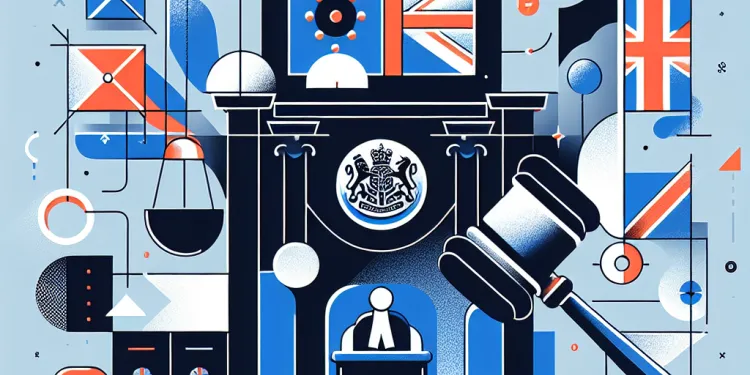
Find A Professional
More Items From Ergsy search
-
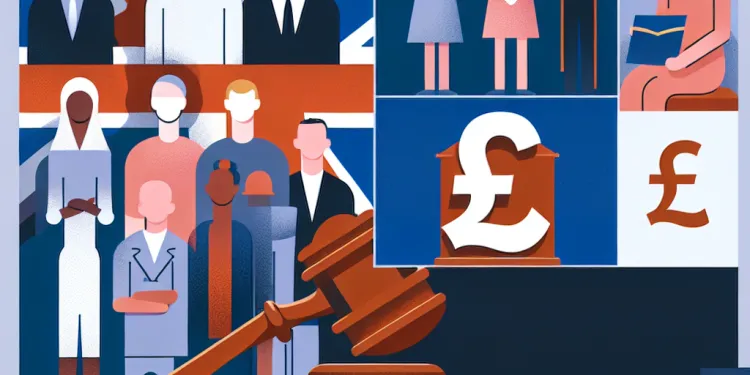
How is jury service selected?
Relevance: 100%
-
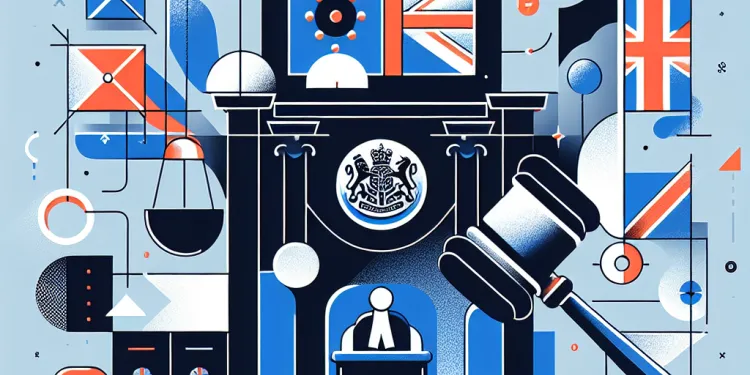
What happens during jury selection?
Relevance: 89%
-

Can I volunteer for jury service?
Relevance: 87%
-

Navigating Personal Injury Claims: What You Need to Know Post-2023
Relevance: 76%
-
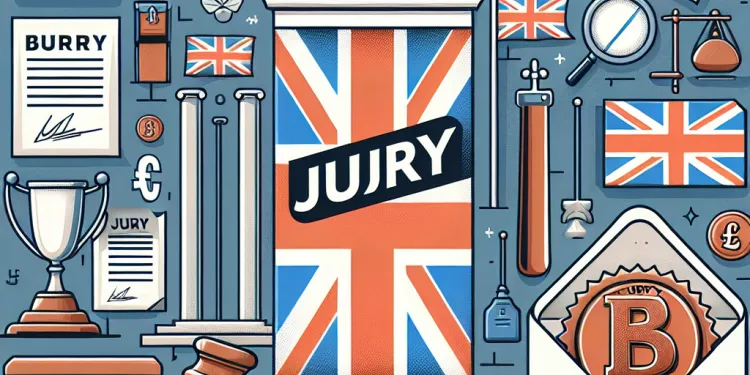
What happens if I ignore a jury summons?
Relevance: 76%
-
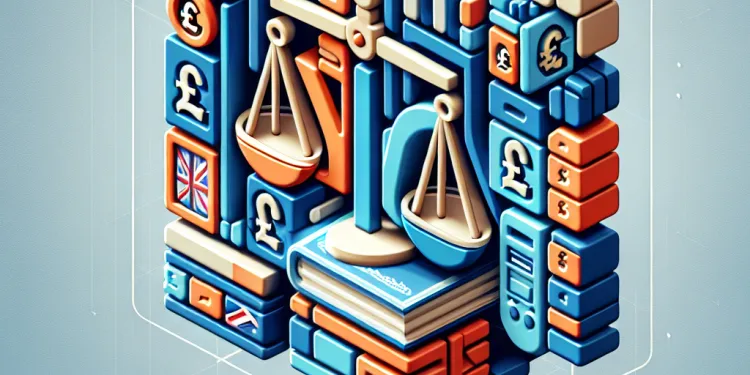
Do I have to do Jury Service?
Relevance: 75%
-

Can my employer stop me from attending jury duty?
Relevance: 70%
-

Can IVF be used for gender selection?
Relevance: 69%
-
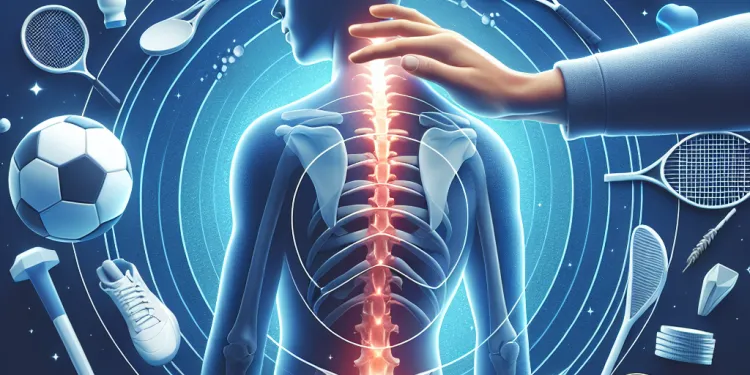
Can chiropractors help with sports injuries?
Relevance: 58%
-
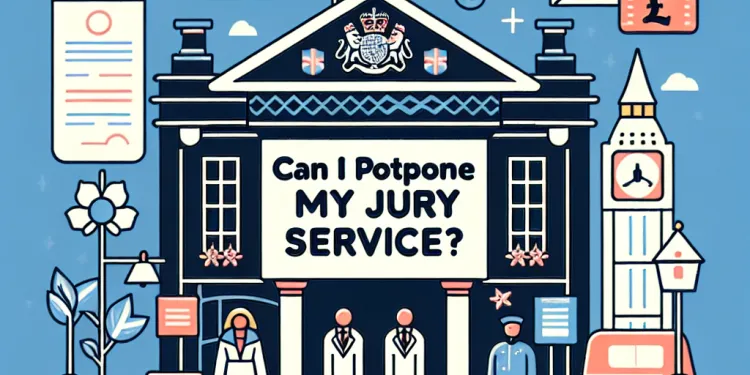
Can I postpone my jury service?
Relevance: 58%
-
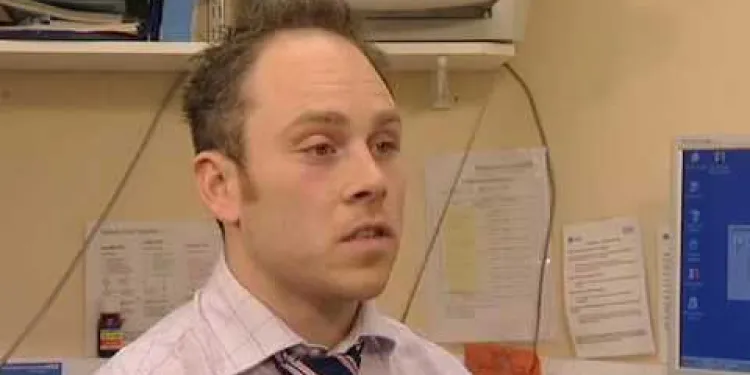
Advice on sports injuries
Relevance: 57%
-
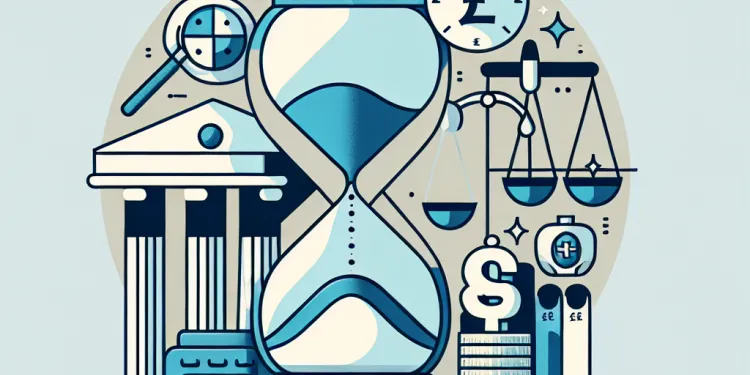
How long does jury service last?
Relevance: 55%
-
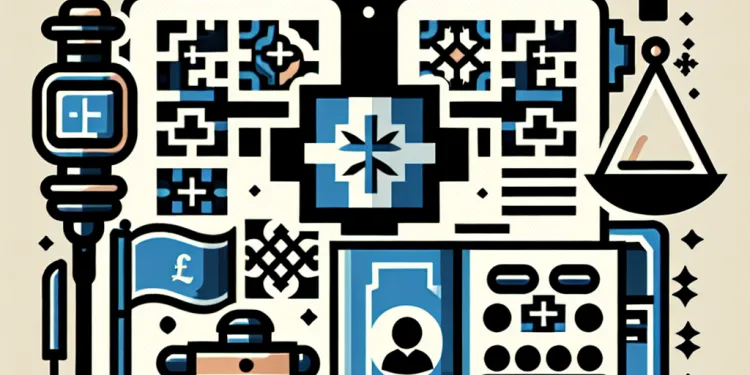
Can my religion exempt me from jury service?
Relevance: 52%
-
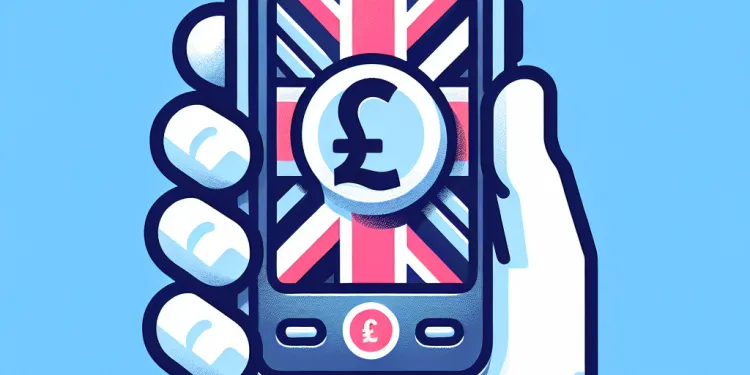
Can I use my phone during jury duty?
Relevance: 51%
-

Do I get paid for jury service?
Relevance: 50%
-
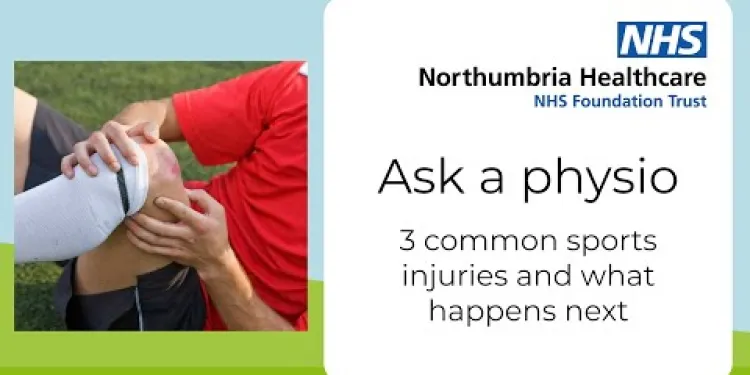
Ask a physio: 3 common sports injuries and what happens next
Relevance: 44%
-
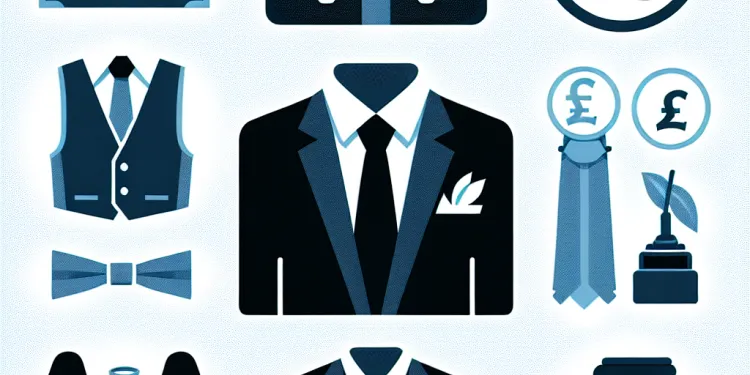
What should I wear to jury service?
Relevance: 35%
-
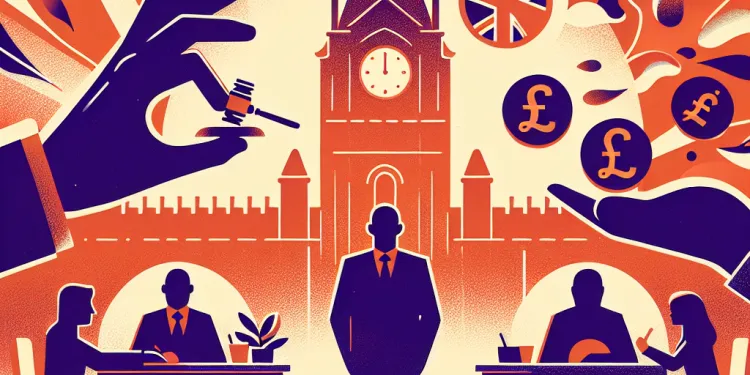
What is the role of a juror?
Relevance: 34%
-
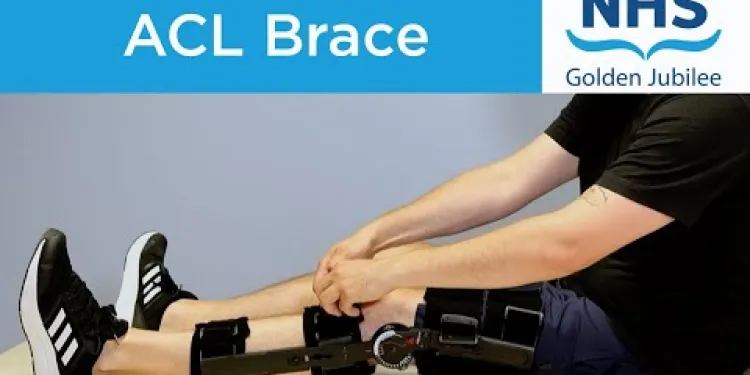
ACL Brace
Relevance: 32%
-
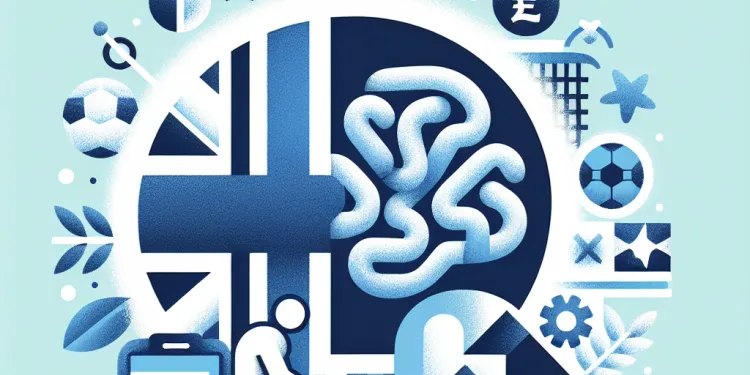
What is Concussion?
Relevance: 27%
-

Think Pharmacy: Sprains and Strains
Relevance: 25%
-
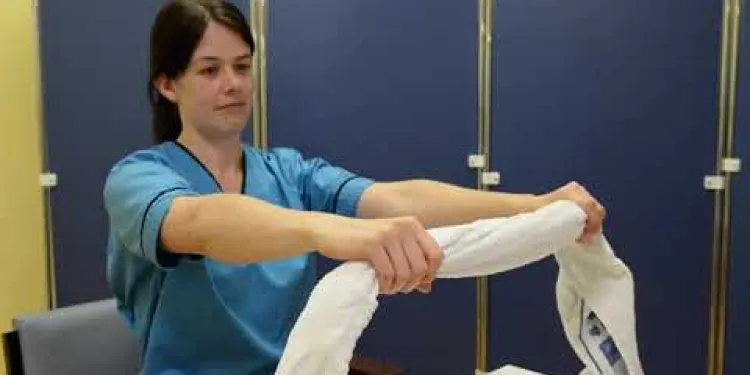
Elbow
Relevance: 22%
-
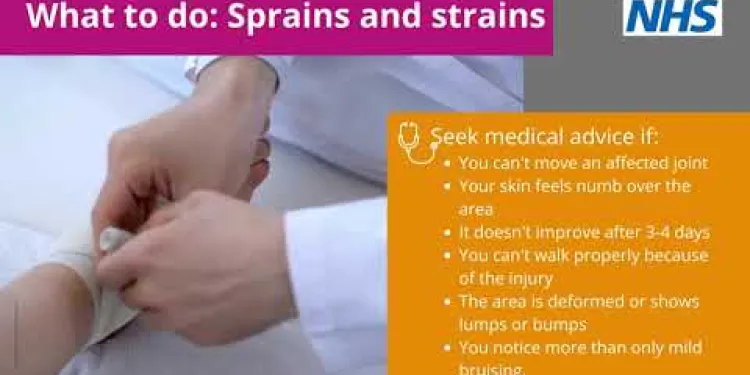
Self-care for sprains and strains
Relevance: 20%
-

Is there a deadline for making a claim?
Relevance: 18%
-
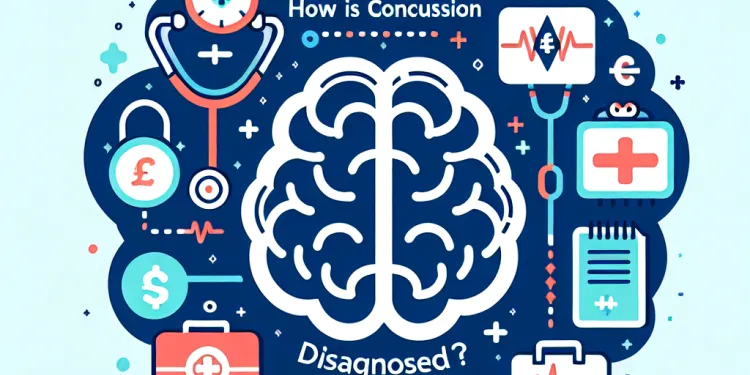
How is a concussion diagnosed?
Relevance: 17%
-
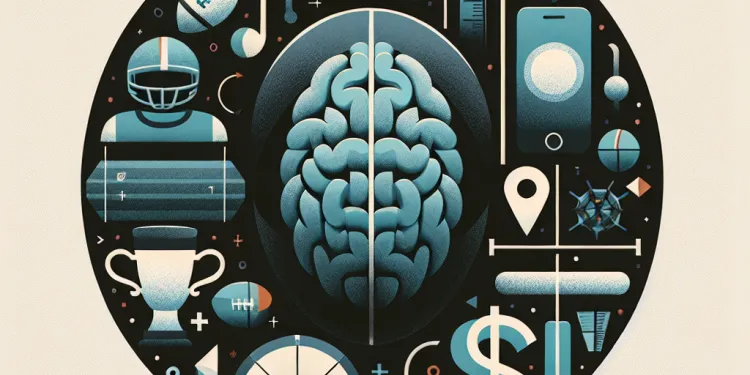
What causes concussions in rugby?
Relevance: 16%
-
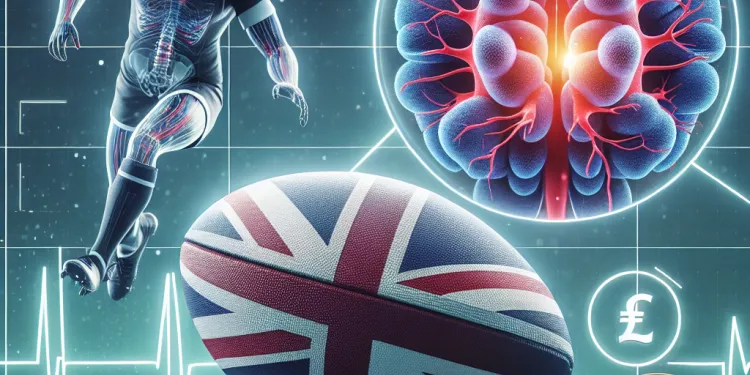
How do concussions impact long-term health in rugby players?
Relevance: 15%
-
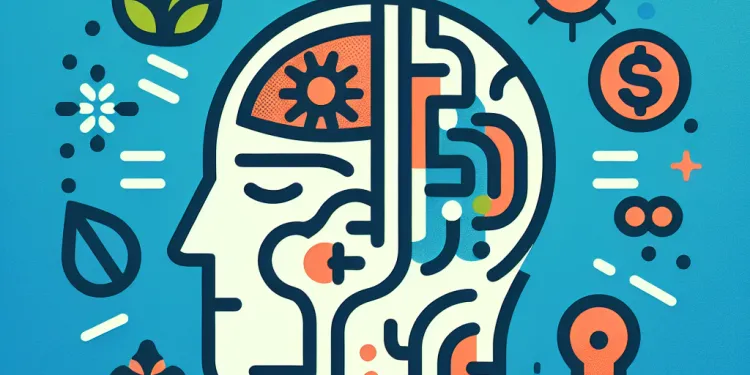
Is headache a symptom of a concussion?
Relevance: 15%
-

Can concussions occur without a direct blow to the head?
Relevance: 15%
-
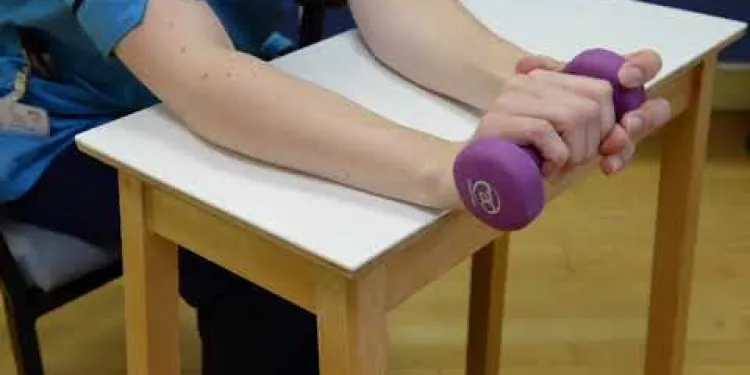
Elbow Eccentric Strengthening Exercise
Relevance: 14%
-
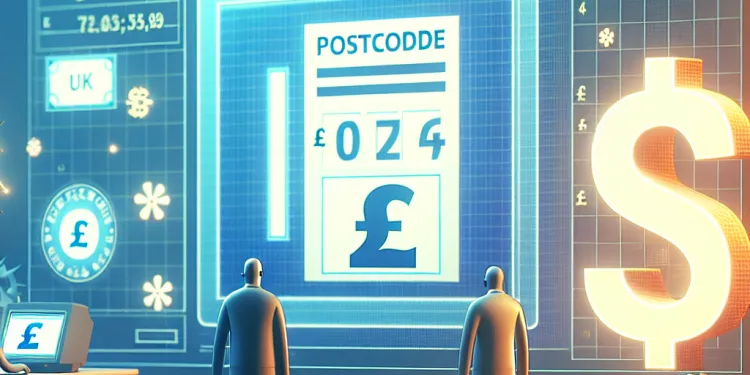
How are Postcode Lottery winners selected?
Relevance: 14%
-
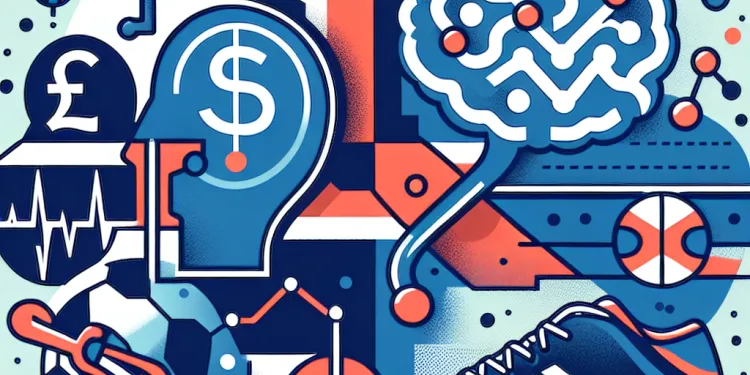
Can playing sports increase the risk of a concussion?
Relevance: 14%
-
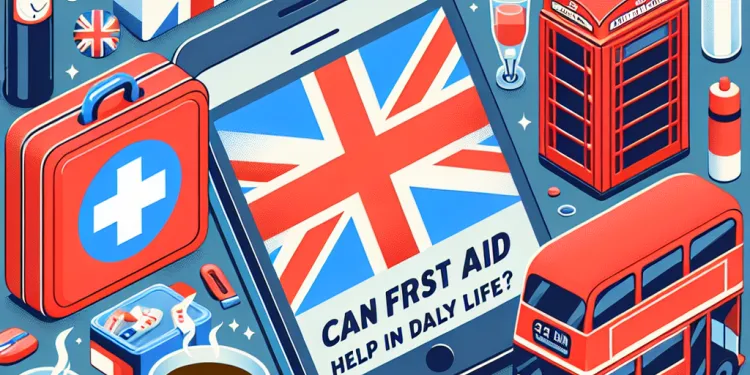
Can first aid skills help in daily life?
Relevance: 14%
-

How is a concussion diagnosed?
Relevance: 13%
-
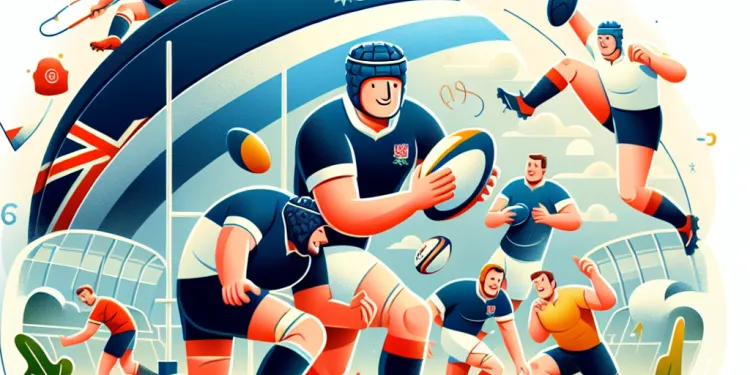
Are Concussions common in Rugby?
Relevance: 12%
-

How can concussions be prevented?
Relevance: 12%
-
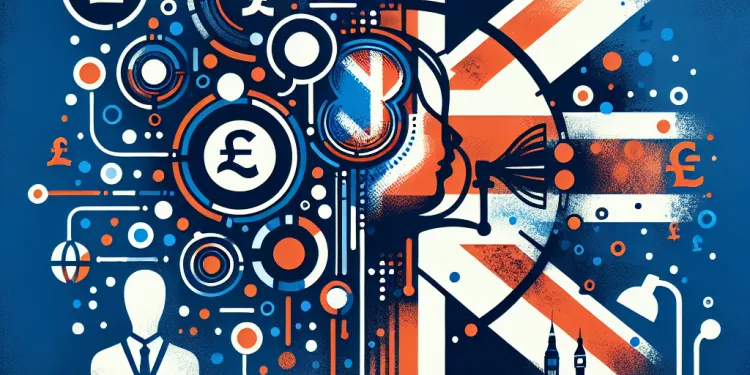
Who should I contact to initiate my claim?
Relevance: 12%
-
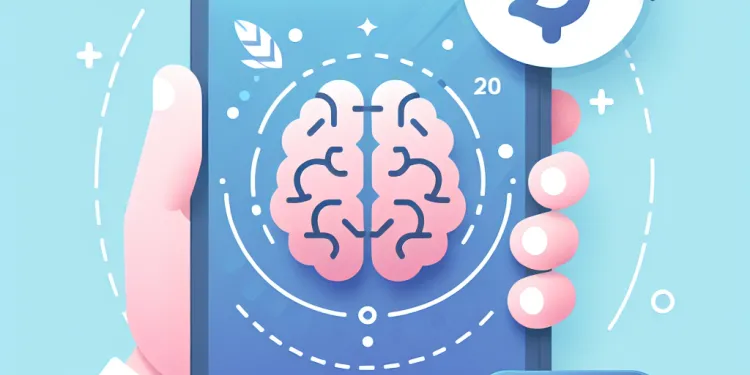
Is there any way to prevent concussions?
Relevance: 11%
-
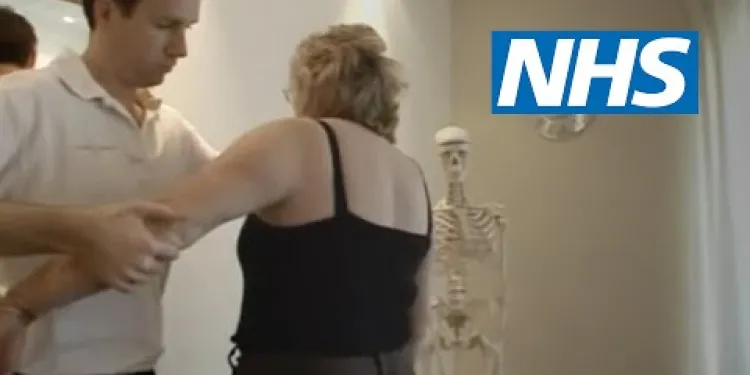
Shoulder pain | NHS
Relevance: 11%
-
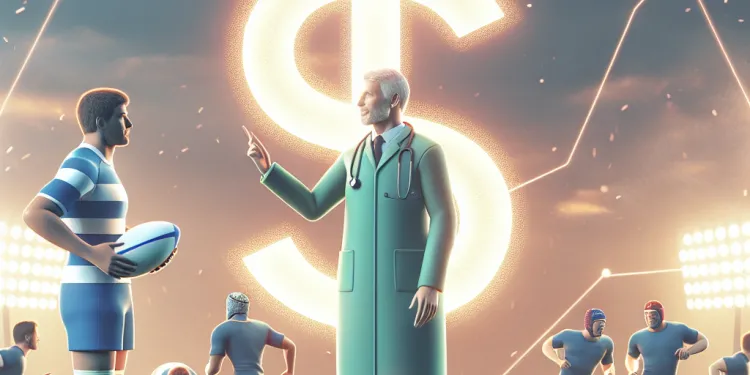
Is there a protocol for managing concussions in rugby?
Relevance: 11%
Introduction to Jury Selection
Jury selection is a crucial part of the legal process in the United Kingdom. It ensures that a fair and impartial jury is chosen to determine the outcome of a case based on the evidence presented in court. Jury duty is a civic responsibility, and those who are eligible may be called upon to serve.
Eligibility for Jury Service
In the UK, individuals eligible for jury service must be aged between 18 and 75, registered to vote, and have lived in the UK, the Channel Islands, or the Isle of Man for at least five consecutive years since their 13th birthday. Certain people may be disqualified or excused, such as those with specific mental health issues, those who have been sentenced to a term of imprisonment of five years or more, or those on bail.
Receiving a Jury Summons
When a person is randomly selected from the electoral register, they receive a jury summons through the post. This document includes the date and location of their required service. Failure to respond to a jury summons without a valid reason can result in a fine.
Jury Pool Selection
On the first day of jury service, potential jurors gather at the court and are briefed on their duties. They may watch an introductory video explaining the process and what is expected of them. Not everyone called will serve on a jury; some may be released if they are not needed or do not meet specific criteria during selection.
Selection for a Particular Trial
The process of selecting a jury for a specific trial involves randomly selecting names from the pool. The selected group is called into the courtroom, and the judge ensures they have no prior knowledge of the case or potential biases that could affect their judgment.
Challenges and Vetting
In some instances, both the prosecution and defense can challenge the selection of jurors. These challenges can be for cause if there is a reason to believe a juror cannot be impartial, or peremptory, which do not require a specific reason. In high-profile cases, more thorough vetting may take place to ensure a balanced jury.
Swearing In
Once a jury is agreed upon, each juror takes an oath or affirmation to faithfully try the defendant and give a true verdict according to the evidence. This marks the official start of the juror’s duties in the trial.
Conclusion
The jury selection process is fundamental to the justice system, designed to uphold fairness and impartiality. Serving as a juror is both a legal obligation and an opportunity to participate in a critical civic function, influencing the outcome of significant legal proceedings.
Introduction to Jury Selection
Choosing a jury is an important part of the law process in the UK. It makes sure that the jury is fair and has no bias. The jury will decide if someone is guilty or not, based on what they hear in court. Being on a jury is something citizens must do if called upon.
Eligibility for Jury Service
To be on a jury in the UK, you must be 18 to 75 years old, be registered to vote, and have lived in the UK, the Channel Islands, or the Isle of Man for at least five years since turning 13. Some people can't be on a jury, like those with certain mental health conditions or who have been in prison for five years or more, or who are on bail.
Receiving a Jury Summons
If you are chosen from the voter list, you will get a jury summons in the mail. This letter will tell you when and where you need to go. If you don’t reply without a good reason, you might have to pay a fine.
Jury Pool Selection
On the first day of jury duty, people who might be jurors come to court to learn about their role. They may watch a video that explains what to do. Not everyone will be on a jury; some might go home if they are not chosen or don't meet the requirements.
Selection for a Particular Trial
To pick a jury for a trial, names are chosen at random. The people chosen go into the courtroom, and the judge checks they know nothing about the case and can be fair.
Challenges and Vetting
Sometimes, the lawyers can ask not to have certain jurors. They might do this if they think a juror can't be fair, or without giving a reason. In big cases, they might look at jurors more closely to make sure there is a good mix.
Swearing In
When the jury is picked, each juror promises to listen to the case carefully and make a decision based on the facts. This is when the jurors start their job in the trial.
Conclusion
The process of picking a jury is very important to make sure the trial is fair. Being a juror is a duty and a chance to be part of the justice system. Jurors help decide important court cases.
Frequently Asked Questions
What is jury selection?
Jury selection is the process by which judges and lawyers choose jurors who will sit on a jury for a trial.
How are potential jurors selected?
Potential jurors are usually selected from a pool drawn from voter registration lists, driver's license records, or other similar sources.
What is a voir dire?
Voir dire is the process of questioning potential jurors to assess their suitability for serving on a jury.
Why are jurors questioned during voir dire?
Jurors are questioned to ensure they can be impartial, unbiased, and fair in deciding a case.
What types of questions are asked during voir dire?
Questions may cover a juror's background, experiences, beliefs, and any potential biases or conflicts of interest.
Can lawyers dismiss potential jurors?
Yes, lawyers can dismiss potential jurors through peremptory challenges or by showing cause for dismissal.
What is a peremptory challenge?
A peremptory challenge allows a lawyer to dismiss a potential juror without stating a reason, though it cannot be based on race or gender.
What does it mean to dismiss a juror for cause?
Dismissing a juror for cause means there is a specific, valid reason to believe the juror cannot be fair or impartial.
How many jurors are typically selected for a trial?
In a criminal trial, usually 12 jurors are selected, and in a civil trial, the number can vary, often being 6 to 12.
What is an alternate juror?
An alternate juror is a backup juror who serves if a regular juror becomes unable to complete the trial.
Can a person be excused from jury duty?
Yes, individuals can be excused from jury duty for reasons such as hardship, bias, or inability to understand the proceedings.
What happens after the jury is selected?
After the jury is selected, the trial begins with opening statements from the lawyers.
How long does jury selection typically take?
The length of jury selection can vary from a few hours to several days, depending on the complexity of the case.
What role does the judge play in jury selection?
The judge oversees the jury selection process, rules on challenges, and ensures the voir dire is conducted fairly.
Can potential jurors ask questions during voir dire?
Potential jurors generally do not ask questions, but they can request clarification if needed.
Is jury selection open to the public?
Jury selection is typically open to the public, as part of the public trial process, unless specific circumstances justify closure.
What happens if not enough jurors are available?
If not enough jurors are available, the court may call additional potential jurors from the jury pool or reschedule.
How are jurors assigned to specific cases?
Jurors are typically randomly assigned to cases from the jury pool based on availability and selection.
What is the purpose of questioning about potential biases?
Questioning about potential biases helps ensure that jurors can be impartial and fair when deliberating the case.
How are jurors notified if they are selected?
Jurors are informed of their selection by the court during the jury selection process, usually at the end of voir dire.
What is jury selection?
Jury selection is when a group of people is chosen to help in a court case. These people are called the jury. The jury listens to the case and then helps decide if someone did something wrong.
Here are some tools and techniques that can help understand:
- Pictures or videos: Look for images or videos about jury selection to see how it works.
- Simple books: Find books with pictures and easy words about courtroom and juries.
- Ask questions: If you don’t understand something, ask a teacher or parent to explain.
Jury selection is when judges and lawyers pick people to be on a jury for a trial.
How do people get chosen to be jurors?
Here is how people are picked to be on a jury:
- Names are chosen from a big list. This list comes from voter registration and driver's licenses.
- If your name is picked, you get a letter in the mail. The letter asks you to come to court.
- At court, lawyers ask you questions to see if you can be fair in the case.
- If the lawyers and judge agree, you can be chosen to sit on the jury.
Here are some tools that might help you understand better:
- Ask someone to read with you and explain any parts you don't understand.
- Use a dictionary to look up words you don't know.
- Watch a simple video about juries to see how it works.
People who might be picked for a jury are usually chosen from lists of people who can vote or lists of people with driver's licenses.
What is a voir dire?
A voir dire is a special talk in court. It helps the judge decide who can be a witness or if some information can be used. It's a bit like a mini-tryout to make sure everything is fair.
Helpful Tip: If court words are hard, you can ask someone to explain them. A friend, family, or helper can make it easier to understand.
Voir dire is when lawyers ask questions to find out if someone can be a fair juror on a jury.
Why are jurors asked questions before a trial?
Jurors are picked to decide if someone is guilty or not. Before the trial starts, jurors answer questions. This helps find out if they can be fair and honest.
Here are some tips to help you understand:
- Read slowly, one sentence at a time.
- Ask someone for help if you don't understand a word.
- Use a dictionary to look up hard words.
- Talk to a friend or family member about what you read.
- Use text-to-speech tools to listen to the text.
Jurors are asked questions to make sure they can be fair and not take sides when deciding a case.
What questions do people ask during voir dire?
"Voir dire" is a time in court when lawyers ask questions.
Here are types of questions they might ask:
- Questions about your job and your family.
- Questions about what you know about the case.
- Questions about your thoughts and feelings on some topics.
If reading is hard, you can:
- Ask someone to read it out loud to you.
- Use a ruler or finger to help keep your place.
- Look at one question or sentence at a time.
Questions might ask about where a juror comes from, what they've done, what they believe in, and if they can be fair or if there's something that might make them not fair.
Can lawyers say no to jurors?
Yes, lawyers can ask some people not to be on the jury.
When picking jurors, lawyers can say they don't want a person if they have a good reason. This is called "challenge for cause." For example, if the person knows the people in the case, they might not be fair.
Lawyers can also use a "peremptory challenge." This means they can say no to a juror without giving any reason. But there is a limit to how many times they can do this.
To understand better, you can:
- Use simple and clear language.
- Break down the process into small steps.
- Use visuals, like drawings or diagrams, to show how it works.
- Get help from a teacher, friend, or family member.
Yes, lawyers can ask some people to leave the jury. They can do this in two ways. They can use something called "peremptory challenges," or they can give a reason why the person should not be on the jury.
What is a Peremptory Challenge?
A "peremptory challenge" is when a lawyer can stop someone from being a juror in a trial without giving a reason. It's like saying, "I don’t want this person on the team," but not needing to explain why.
If you find this hard to understand, you can use tools that read text out loud or ask someone to help you understand better.
A peremptory challenge lets a lawyer say "no" to a person who might be on the jury. The lawyer doesn't have to say why. But the lawyer can't say "no" just because of a person’s race or if they are a boy or a girl.
What does it mean to say a juror can't be part of the jury?
Removing a juror for a reason means there is a good reason to think the juror cannot be fair or unbiased.
How many people usually decide a trial?
In a criminal trial, there are usually 12 people called jurors who decide if someone did something wrong.
In a civil trial, there can be different numbers of jurors, often from 6 to 12 people.
What is an alternate juror?
An alternate juror is a backup person in a jury. They are ready to take the place of another juror if needed.
They listen to the whole case like other jurors. But they do not join in the final talks unless they are needed to replace someone.
Support tools:
- Ask someone to read it with you and explain if needed.
- Use a dictionary to look up any words you do not understand.
An alternate juror is a backup. They help if a regular juror cannot finish the trial.
Can someone skip jury duty?
Sometimes, people can be excused from jury duty. Here are some reasons why:
- If they are sick.
- If they take care of someone who is sick or has special needs.
- If they have a very important job, like a doctor or firefighter.
- If they have something very important planned and can't change it.
If you need help with jury duty, you can:
- Ask a family member or friend to read the letter with you.
- Use a computer or phone to read it out loud. This is called "text-to-speech."
- Talk to a helper at the court. They can explain things to you.
Yes, people can skip jury duty for different reasons. Some reasons are having big problems, being unfair, or not able to understand what's happening in court.
What happens after the jury is chosen?
When the jury is chosen, they will listen to the lawyers, who talk about what happened. People will tell their stories to help the jury understand. The jury will decide if someone did something wrong or not.
It can help to have someone explain things. You can use pictures or make a list of what happens first, second, and last.
If you have questions, ask someone for help. It is okay to take your time to understand.
After the jury is chosen, the trial starts. The lawyers talk first and explain what the trial is about.
How long does it take to pick a jury?
Picking a jury can take a few days.
Sometimes, it might be quicker, and other times it might take longer.
It can help to use a calendar to mark each day until it's done.
Picking people for a jury can take a short time or a long time. It can be a few hours or even a few days. It depends on how difficult the case is.
Here's something that might help:
- Ask someone to read it with you.
- Use a dictionary to look up words you don’t know.
- Break the sentence into smaller parts to understand it better.
What does the judge do when picking a jury?
The judge is the person in charge. They help choose the people for the jury. The judge listens to any problems people have with the choices and makes sure everything is fair.
You can use tools like text-to-speech to hear the words spoken aloud. Highlighting text can also help you focus on each part.
Can people who might be jurors ask questions during jury selection?
People who might serve as jurors don't usually ask questions, but they can ask if they don't understand something.
Can people watch jury selection?
Yes, people can watch when they pick a jury. It is open for anyone to see.
Here are some tools or tips that might help:
- Use pictures or videos to understand better.
- Ask someone to explain if you have questions.
- Create a checklist of important points to remember.
Picking a jury is usually done where people can watch. This is part of making trials open for everyone, unless there is a special reason to do it in private.
What if there are not enough jurors?
If there are not enough jurors, the court needs to find more. They might ask more people to come. They could also delay the trial until there are enough jurors.
It is important for trials to have enough jurors.
Tools that could help:
- Ask someone to read this with you.
- Use a dictionary for hard words.
If there are not enough jurors, the court will ask more people from a group of potential jurors to come or choose a new date for the trial.
How do people get chosen to be jurors for different cases?
People are picked to help decide on a case. Here is how it works:
- First, a list of people is made. These people might be called to help with a case.
- Next, some of these people are chosen to be jurors. They will listen to the case and help decide what is right.
- Sometimes, people might answer questions to see if they are the best fit for the case.
Tools to help:
- Ask an Adult: If you are confused, you can ask an adult to explain.
- Use Pictures: Draw pictures of the steps to help understand.
- Read Aloud: Saying the words out loud can make it easier to understand.
Jurors are picked by chance from a big group of people. They are chosen based on who is free and who is picked for the case.
Why do we ask about potential biases?
We ask questions to find out if there are any biases. Biases are when we like something in a way that is not fair. Asking questions helps us see if we are being fair.
To make it easier to understand, you can:
- Use pictures to show what bias means.
- Ask someone to explain it with simple words.
- Use a dictionary or online tool to look up any hard words.
Asking questions about biases helps make sure that jurors can be fair and honest when they talk about the case.
How do people know if they have to be a juror?
If you are chosen to be a juror, you will get a letter. This letter will tell you what you need to do.
You can ask someone to help you read the letter or use text-to-speech tools if that makes it easier for you to understand.
Jurors find out they are chosen by the court at the end of the jury selection process.
Useful Links
- Ergsy carfully checks the information in the videos we provide here.
- Videos shown by Youtube after a video has completed, have NOT been reviewed by ERGSY.
- To view, click the arrow in centre of video.
- Most of the videos you find here will have subtitles and/or closed captions available.
- You may need to turn these on, and choose your preferred language.
- Go to the video you'd like to watch.
- If closed captions (CC) are available, settings will be visible on the bottom right of the video player.
- To turn on Captions, click settings .
- To turn off Captions, click settings again.
More Items From Ergsy search
-

How is jury service selected?
Relevance: 100%
-

What happens during jury selection?
Relevance: 89%
-

Can I volunteer for jury service?
Relevance: 87%
-

Navigating Personal Injury Claims: What You Need to Know Post-2023
Relevance: 76%
-

What happens if I ignore a jury summons?
Relevance: 76%
-

Do I have to do Jury Service?
Relevance: 75%
-

Can my employer stop me from attending jury duty?
Relevance: 70%
-

Can IVF be used for gender selection?
Relevance: 69%
-

Can chiropractors help with sports injuries?
Relevance: 58%
-

Can I postpone my jury service?
Relevance: 58%
-

Advice on sports injuries
Relevance: 57%
-

How long does jury service last?
Relevance: 55%
-

Can my religion exempt me from jury service?
Relevance: 52%
-

Can I use my phone during jury duty?
Relevance: 51%
-

Do I get paid for jury service?
Relevance: 50%
-

Ask a physio: 3 common sports injuries and what happens next
Relevance: 44%
-

What should I wear to jury service?
Relevance: 35%
-

What is the role of a juror?
Relevance: 34%
-

ACL Brace
Relevance: 32%
-

What is Concussion?
Relevance: 27%
-

Think Pharmacy: Sprains and Strains
Relevance: 25%
-

Elbow
Relevance: 22%
-

Self-care for sprains and strains
Relevance: 20%
-

Is there a deadline for making a claim?
Relevance: 18%
-

How is a concussion diagnosed?
Relevance: 17%
-

What causes concussions in rugby?
Relevance: 16%
-

How do concussions impact long-term health in rugby players?
Relevance: 15%
-

Is headache a symptom of a concussion?
Relevance: 15%
-

Can concussions occur without a direct blow to the head?
Relevance: 15%
-

Elbow Eccentric Strengthening Exercise
Relevance: 14%
-

How are Postcode Lottery winners selected?
Relevance: 14%
-

Can playing sports increase the risk of a concussion?
Relevance: 14%
-

Can first aid skills help in daily life?
Relevance: 14%
-

How is a concussion diagnosed?
Relevance: 13%
-

Are Concussions common in Rugby?
Relevance: 12%
-

How can concussions be prevented?
Relevance: 12%
-

Who should I contact to initiate my claim?
Relevance: 12%
-

Is there any way to prevent concussions?
Relevance: 11%
-

Shoulder pain | NHS
Relevance: 11%
-

Is there a protocol for managing concussions in rugby?
Relevance: 11%